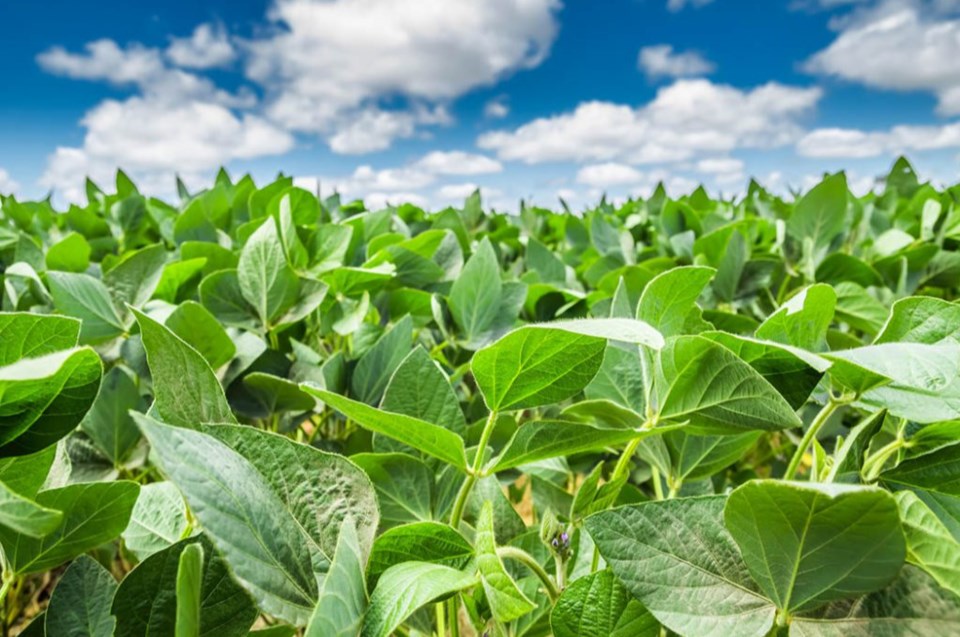Farmers need fertilizer, without additional fees or barriers to access, in order to feed people locally and beyond. Fertilizer use leads to higher crop yields.
With that in mind, last month representatives from Atlantic Grains Council, Grain Farmers of Ontario and Grain Farmers of Quebec commended members of the federal government's Standing Committee on Agriculture and Agri-Food for making recommendations that highlight the need to address food insecurity by strengthening farm capacities.
“I think it’s vitally important that we get the message across on just how important fertilizer and feeding plants are to our overall crop production,” said Brendan Byrne, chair of Guelph-based Grain Farmers of Ontario.
“We are pleased to see members of parliament recognize the need to prioritize safe, healthy food production in a year that will be hard for many people dealing with food insecurity, and that they understand the best way to grow abundant food is to ensure farmers can access and afford fertilizer."
In preparing its report, the standing committee studied bills, government activities and expenditures, as well as issues related to Canada’s agriculture and agri-food industry.
After Russia invaded Ukraine and while China continues to threaten a similar invasion of Taiwan, the report says these countries, in response, have attempted to weaponize global food supplies by limiting the export of agricultural commodities, fertilizers and energy supplies needed to produce fertilizers elsewhere.
According to the Food and Agriculture Organization of the United Nations, commercial fertilizer is directly responsible for approximately 60 per cent of total world food production. Without commercial fertilizers, global food security would become considerably harder to attain, especially with a growing population
Recommendations focused on fertilizer include returning tariffs collected by government on fertilizer imports, recognizing already achieved sustainable efforts on farms and sustainability programs being utilized, and looking at building fertilizer capacity.
“I think in this case, it’s great to see acknowledgement of that. Of course, we do still have a tariff applied to our fertilizer that comes in from Russia. So, we are trying to work through a balance on that to make sure the government is aware,” Byrne said.
Byrne says farmers want to protect the soil, water and air.
“Without a healthy environment, we will lose our family businesses. We also want to produce as much food as we can. We understand that balance and we strive for it daily. We need the government to reduce the conflicting objectives they have around food growth and production,” he said.
Byrne says he hopes, that at the end of the day the government will see the importance of fertilizer, whether it’s an emission reduction on fertilizer or a tariff.
“We want to do the best thing possible to grow as much as we can, to help not only Canada, but also other areas in the word that are in need of the food supply,” Byrne said.
“It’s certainly a good step to have that acknowledgement.”
Grain Farmers of Ontario has released a report on the state of fertilizer and the issues with current voluntary reduction targets, tariffs and other barriers. For more information, visit here.
